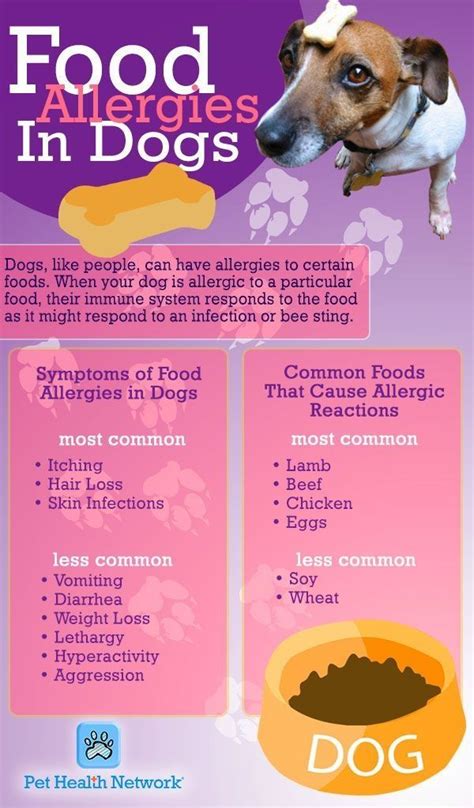Introduction
Pet food allergies and sensitivities have become increasingly prevalent in recent years, affecting both dogs and cats. Understanding these conditions and their management is crucial for pet owners to ensure the health and well-being of their furry companions. This article delves into the latest research on pet food allergies and sensitivities, exploring their causes, symptoms, diagnosis, and treatment options. Furthermore, it highlights emerging trends and future prospects in this field of research.

Understanding Pet Food Allergies and Sensitivities
Allergies vs. Sensitivities
- Allergies: An allergic reaction is an exaggerated response by the immune system to a specific allergen. In the case of pet food allergies, the allergen is typically a protein found in the food. Symptoms can be immediate or delayed and range from mild to life-threatening.
- Sensitivities: A sensitivity, also known as food intolerance, is a non-immunological reaction to a specific ingredient in the food. Symptoms are usually milder than those of allergies and can include gastrointestinal issues, skin problems, and behavioral changes.
Causes
The primary cause of pet food allergies and sensitivities is the consumption of a food that contains an ingredient to which the pet is sensitive or allergic. Common allergens include:
- Beef
- Chicken
- Dairy
- Eggs
- Fish
- Lamb
- Pork
- Soy
- Wheat
Symptoms of Pet Food Allergies and Sensitivities
Allergies
- Skin problems: Redness, itching, scratching, hot spots, hair loss
- Gastrointestinal issues: Vomiting, diarrhea, gas, abdominal pain
- Respiratory problems: Sneezing, coughing, wheezing
- Behavioral changes: Hyperactivity, lethargy, aggression
Sensitivities
- Gastrointestinal issues: Vomiting, diarrhea, gas, abdominal pain
- Skin problems: Mild itching, rashes
- Behavioral changes: Hyperactivity, lethargy
Diagnosis
Diagnosing pet food allergies and sensitivities can be challenging due to the overlap in symptoms with other conditions. However, a veterinarian can perform several tests to confirm a diagnosis.
- Skin test: Involves injecting small amounts of potential allergens under the pet’s skin. If the pet is allergic, a small bump will form at the injection site.
- Blood test: Measures the levels of antibodies produced by the immune system in response to specific allergens.
- Elimination diet: Involves feeding the pet a diet that excludes potential allergens for a period of time to identify the offending ingredient.
Treatment Options
Allergies
- Avoidance: The most effective treatment for pet food allergies is to avoid the offending ingredient.
- Immunotherapy: This treatment involves giving the pet small doses of the allergen over time to desensitize them.
- Medications: Antihistamines and steroids can be used to relieve allergy symptoms.
Sensitivities
- Diet change: Removing the offending ingredient from the pet’s diet is the primary treatment for sensitivities.
- Supplements: Certain supplements can help support the pet’s digestive and immune systems.
Emerging Trends and Future Prospects in Pet Food Allergy and Sensitivity Research
Precision Nutrition
Advances in genetic testing and nutritional analysis are leading to the development of personalized pet food diets that are tailored to the specific needs of each animal.
Microbiome Modulation
The gut microbiome plays a crucial role in the immune system and overall health. Researchers are investigating how probiotics and prebiotics can be used to improve the gut microbiome and reduce the risk of allergies and sensitivities.
Predictive Modeling
Machine learning and artificial intelligence are being utilized to develop predictive models that can identify pets at risk for developing food allergies and sensitivities.
Improved Diagnostic Techniques
Non-invasive diagnostic tests, such as nasal swabs and fecal samples, are being developed to provide more accurate and convenient methods for diagnosing pet food allergies and sensitivities.
Tips for Pet Owners
- Observe your pet closely for any signs of food allergies or sensitivities.
- Consult with a veterinarian if you suspect your pet may have a food allergy or sensitivity.
- Follow the recommended treatment plan and avoid the offending ingredient.
- Be patient and consistent with dietary changes.
- Consider genetic testing to identify your pet’s individual sensitivities and develop a personalized diet plan.
The Future of Pet Food Allergy and Sensitivity Research
As pet owners become increasingly aware of the impact of food on their animals’ health, the demand for innovative and effective solutions to pet food allergies and sensitivities will continue to grow. The field of research in this area is expected to experience significant advancements in the coming years, leading to improved diagnostic methods, personalized treatments, and a better understanding of the underlying causes of these conditions.
Conclusion
Pet food allergies and sensitivities are common and can have a significant impact on the health and well-being of our furry companions. By understanding the causes, symptoms, and treatment options, pet owners can work with their veterinarians to manage these conditions effectively. Ongoing research in this area holds great promise for the future development of innovative diagnostic techniques, personalized diets, and improved treatments, ensuring that pets everywhere can live healthy and allergy-free lives.





















